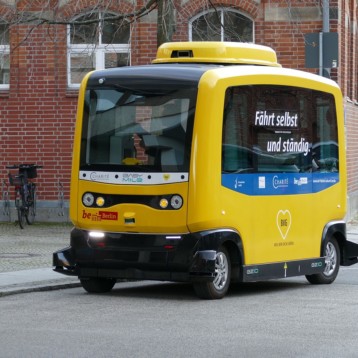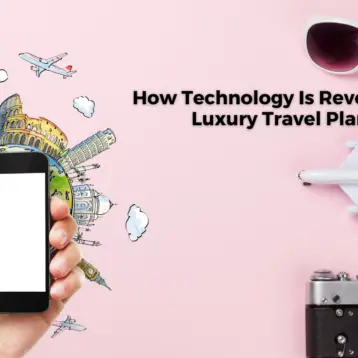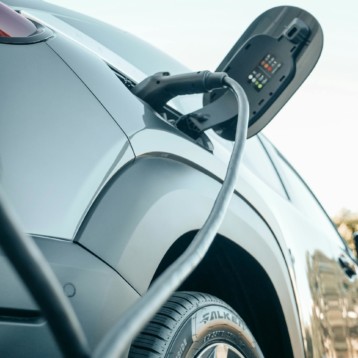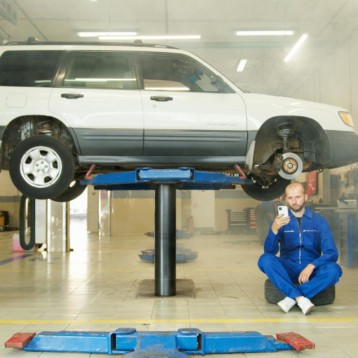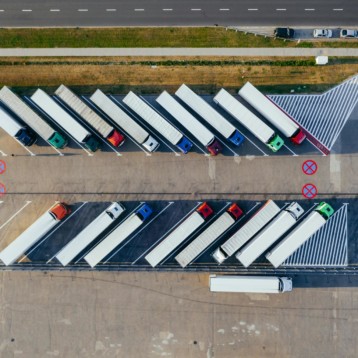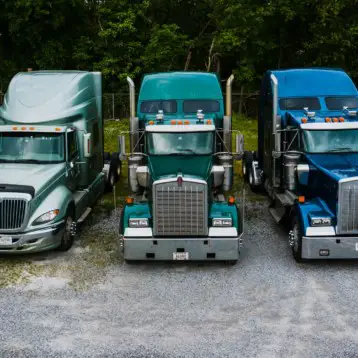As the world is changing ever faster each day, some things look that they will never change. Take buying a car for example. Does the idea of purchasing a vehicle evoke an image of a hardened sales veteran on a sales car lot? You will get the hard pressure sell that makes you buy that model up from what you had in mind? If that’s the image you get, you’re not alone. Most people feel they can only go out and buy a car if they are an expert, or bring one along.
There is so much about buying a car that cannot be changed, at least not realistically. You will still want to see the car in person, especially if it’s a used car. You kind of want to kick the tires, look under the hood and take a test drive to hear the engine and feel the handling. You still have to go to a dealership and face the music. Make sure you know your stuff when you do, click here for more. But the world has also changed when it comes to buying a car, mostly thanks for the wonder of the internet.
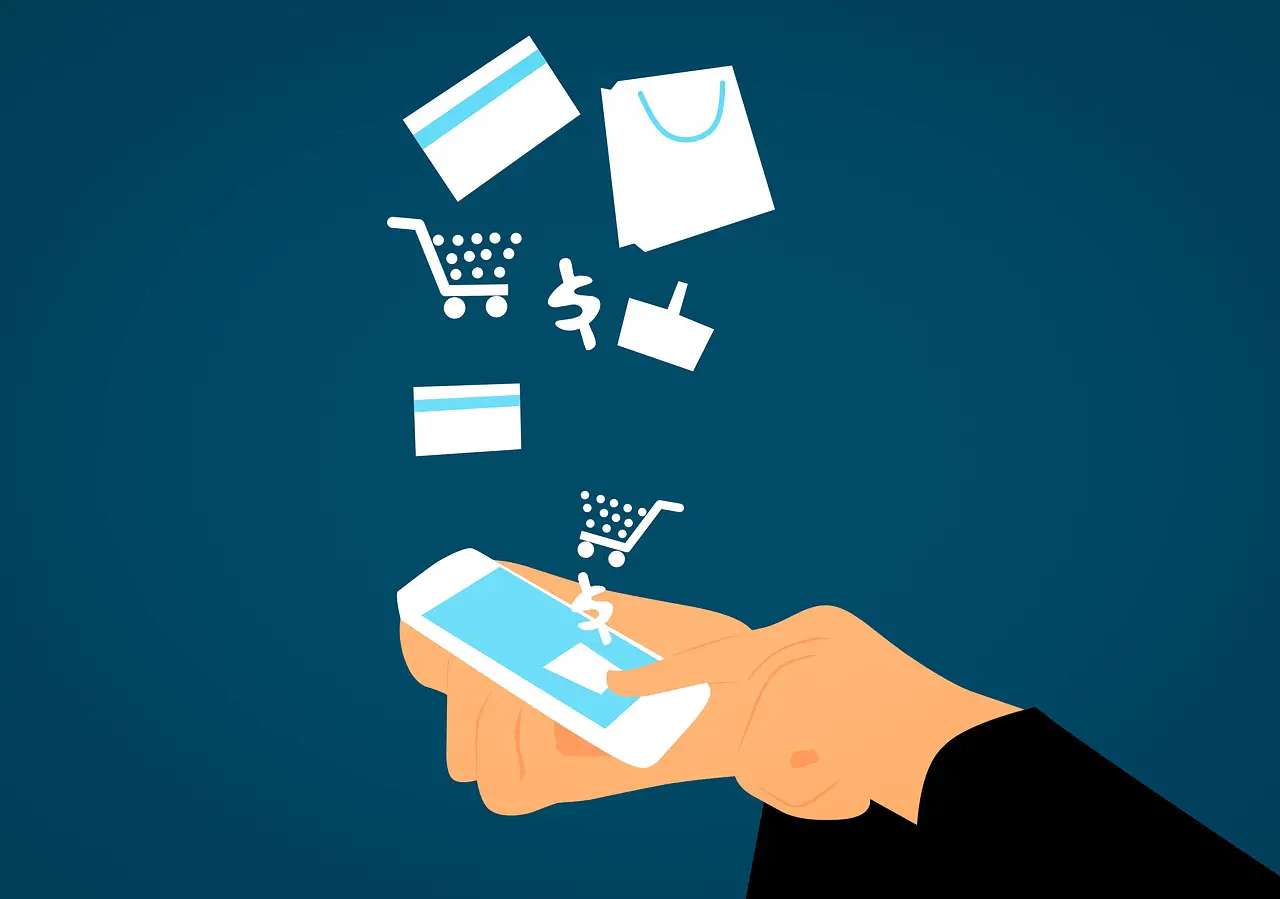
Image by mohamed_hassan on Pixabay
There has been much written about purchase journeys for the automotive sector and how that is changing. Some research by Google even highlights a single journey where there were 900+ digital interactions. Now, obviously that is extreme, but it highlights that times are changing. Before the internet was the treasure trove of information (and misinformation) it is today, you had a standard formula for buying a car: get an expert to help you out and visit car lots with you. In most cases, this would have been your dad or that chance car mechanic you know. The core challenge was to buy a car that runs and wasn’t overpriced for what it was. The whole idea was not to be conned into a bad purchase. Well, those days are gone.
You no longer need a dad or mechanic friend to teach you about what to look for. Due to the internet, we now see people being able to rely on other sources, such as review sites and forums. As consumers integrate the World Wide Web into their daily routines and feel confident in their own abilities to filter online falsehoods from truths, they will replace the expert opinion from someone you know in person, to the expert advice from someone on the internet. It is of no surprise that influencers now are so much in focus, also from advertisers. If a consumer feels a particular connection with a vlogger for example, which is usually based on an emotional argument, they will trust that person as much as they would believe a family member. In a way that feels entirely fair, especially in the case of cars. We tend to trust the opinion of our parents because 1) why would they lie to you and 2) they have bought a few cars in the lifetime. And although those 2 points are valid, you could question if that would make them experts on car buying. Essentially, the internet makes consumers more self-reliant to decide what they do or do not value in the car purchase journey.
That extends as well to earlier stages of the consumer journey, even before review sites and forums are consulted. When exploring what car to get, we tend to see queries of utility on search engines. ‘Best car for a dog’, ‘best car for a family of 6’ or ‘most efficient car’ are all initial searches that happen weeks, even months, before a someone even steps foot on a sales lot or in a dealership. Again, this comes with the confidence that car manufacturers will produce a minimum quality of cars or that the buyer has already gotten a few manufacturers in mind. At this stage in the consumer journey, the question of utility and fit-for-purpose is the primary driver of what to explore and what not.
Once someone has created a shortlist of model & make of car, a majority of potential buyers will look at aesthetics. This is the point you will find internet destinations to be the manufacturer site to see how a fully configured new model would cost. This is also the point where people tend to do image searches to see if the look and feel of the car are what would suit them. Smart manufacturers here engage in rich media advertising, with some of the newest formats VR-esque experiences that show you how the car looks from all directions. YouTube videos are a massive driver of traffic here as a potential buyer is loading up on more information.
At the next stage most buyers will have pretty much locked in on the model & make they want to buy and, especially with used cars, might even a range of model year. This is the part where the search becomes specific and people, especially on aggregator sites, become laser focused on setting filters up exactly how they want it. This is when people tend to download car buying apps and start comparing offers. People are weighing up buying an older model versus purchasing a new model with finance. They would determine what features they can’t live without and which features they could lose to drive the price down. Funnily enough, this might be the moment they bring back the experts they used to consult, but this time it’s just to confirm their choices.
This whole process put together has helped the car buying public to be infinitely more informed before they even go to a Lincoln car dealer or book a test drive. But the next step is still as it used to be, you still have to talk to a car dealership person and potentially be tempted to go for that model one step up. However, that might not be entirely accurate anymore. Also within the automotive sector, there are changes afoot. Understanding that the manner in which a potential car buyer would have arrived at the business, traditional car dealerships and used car lots salespeople realize that the picture of the hard sell is off-putting. There might be even a shift from sales to a service focus. In a way, customers already arrive primed and ready to buy, you just need not scare them away. Some dealerships are (internally) dropping the ‘dealership’ moniker and might call themselves a ‘retailer’ more. Pretty much in the vein of most electronics stores who attempt to provide advice and service (and hey if you want to buy something too that’s great) to lower the threshold of people coming in. And that’s what it’s all about at the end of the day, without people in your store, you won’t sell a thing.
Some would argue we would have reached a new equilibrium at this point. We can only revolutionize the search and selection of the car buying journey, but the sales part will always follow traditional models. Some would even argue that there is a possibility of more disruptive innovation at the horizon. What if you actually don’t need to own a car? And that’s not to say to ride-hail the rest of your life or that we are looking at transportation by pods (but who knows?). The idea is that younger generations are not wanting (or in the position to) outright ‘own’ things.
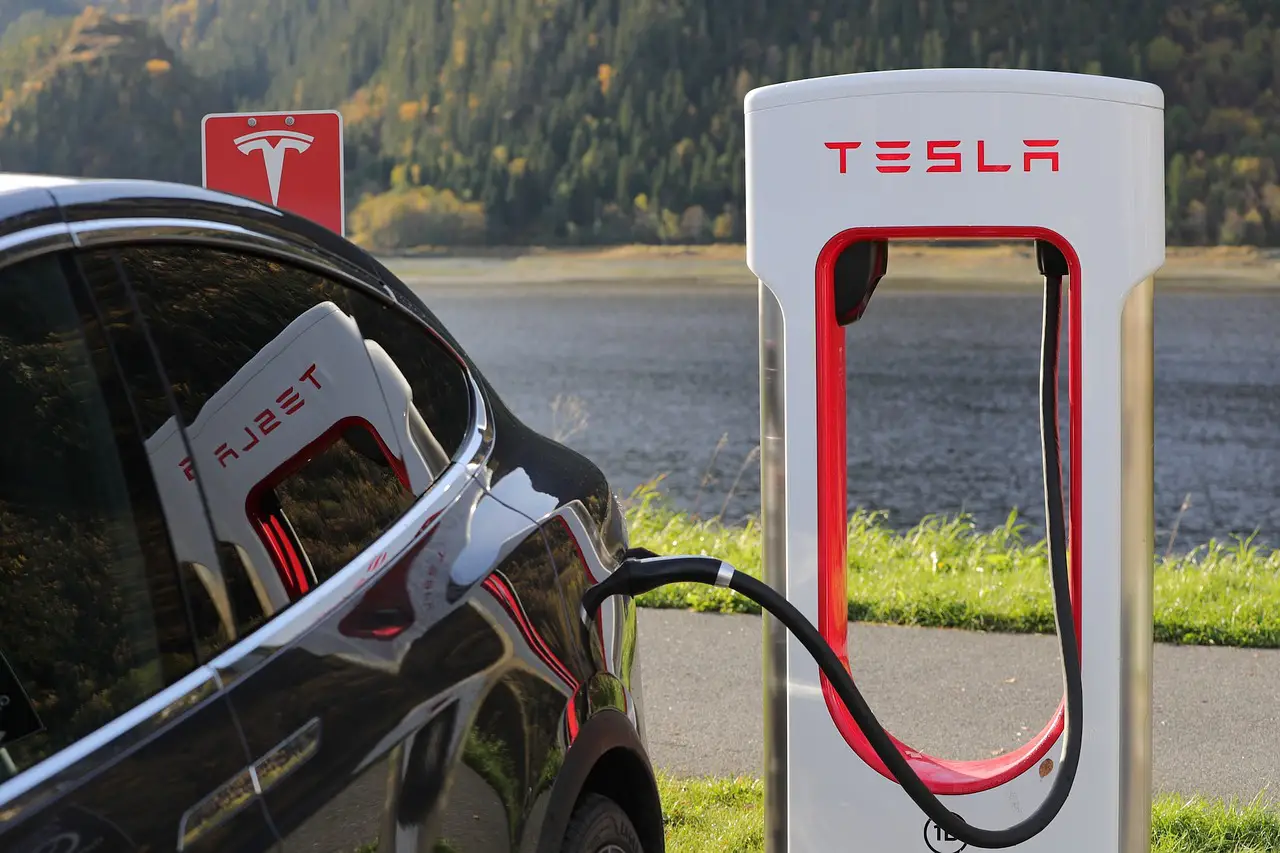
Image by Blomst on Pixabay
As with a higher proportion of (younger) people no longer buying houses and subsequently renting, potentially for the rest of their lives, other things could follow that same model. If a younger generation is totally fine with not owning something and actually is pushing back against the blind accumulation of ‘stuff’, they might be more open to just the ‘experience’. This is how Airbnb made waves in the hospitality industry, with people not wanting a pre-defined and pre-set to specific standards of hotel experience, but a more tailored and individual Airbnb experience. The same mindset can be found in shared office spaces such as WeWork.
It wouldn’t be all too surprising if younger generations would pay more for the usage of a car, but only for a limited time and as long as the service and perks warrant the higher cost. If being able to drive a vehicle that is top-of-the-line, in perfect working order, delivered to your door and picked up again after usage, with all the amenities you need, would be a service that fits in your budget as a value-add experience, you can see how that could be successful. If you extend that thinking, also considering how the search & selection journey is now entirely online, it wouldn’t be all too surprising if the dealership and car sales lot are eliminated altogether. In a maybe not too distant future you will tell your personal digital assistant you need a car for a getaway, you set the budget, and a car will be ready for you, fully tanked and serviced, when you need it. It might not be tomorrow, but it feels about right in the direction where tech is going. And we haven’t even talked about self-driving vehicles.

